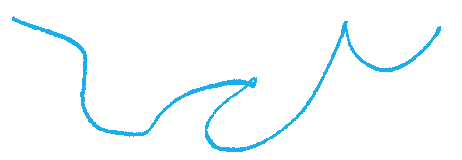Sprachspiel
- 8 channel tape music
- Duration: 14:00
- 2008, home studio
Program notes
Think that someone would say: "I want to listen to a composition that goes like this":

Would that be nonsensical? Couldn't there exist a composition of which one might show that it - in a somehow important sense - correlates to this line?
Ludwig Wittgenstein (in: Remarks on the Foundations of Mathematics, part IV, § 39)
A rule stands there like a sign-post.--Does the sign-post leave no doubt open about the way I have to go? Does it shew which direction I am to take when I have passed it; whether along the road or the footpath or cross-country? But where is it said which way I am to follow it; whether in the direction of its finger or (e.g.) in the opposite one? --And if there were, not a single sign-post, but a chain of adjacent ones or of chalk marks on the ground-- is there only one way of interpreting them?-- So I can say, the sign-post does after all leave no room for doubt. Or rather: it sometimes leaves room for doubt and sometimes not.
Wittgenstein (Philosophical Investigations, § 85)
Our language can be seen as an ancient city: a maze of little streets and squares, of old and new houses, and of houses with additions from various periods; and this surrounded by a multitude of new boroughs with straight regular streets and uniform houses.
Wittgenstein (Philosophical Investigations, § 18)
sound examples
stereo downmix:
Realization notes
"Sprachspiel" ("language-game") was realized mainly with the programming language SuperCollider3 on MacOSX as well as with other softwares like Spear and Audiosculpt.
Two types of sound materials were used:
- drawing noises on different surfaces (metal, wood, paper, fabric)
- a quadrophonic recording of a journey with a tramway (street car) through the historical quarters of Lisbon, Portugal.